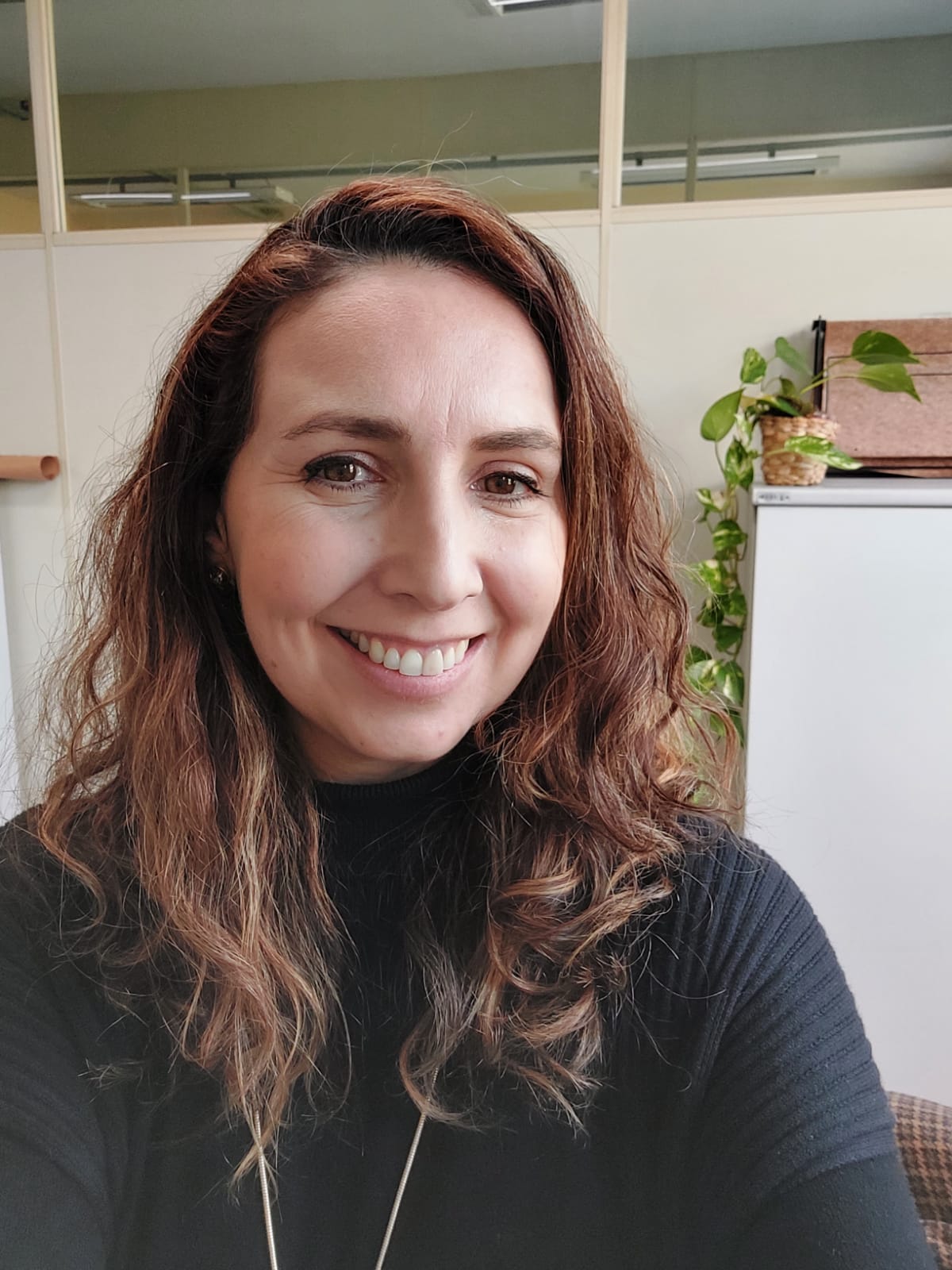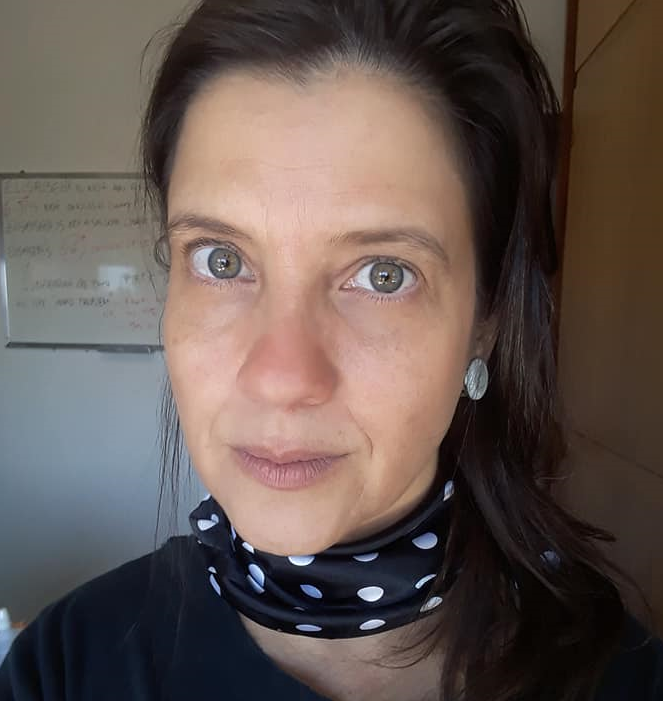Encyclopedia of Concise Concepts by Women Philosophers
https://hwps.de/ecc/
The world of philosophy is rapidly expanding. New technological advance gives us quicker, broader, more complete access to new knowledge. We read Hannah Arendt on our phones. We study Edith Stein on our tablets. Voice-activated technology takes notes and posts them to cloud storage while we drive. New historical information about women’s contributions is generating new knowledge, warranting reconsideration of the standard histories of the discipline.
But one thing about human nature has not changed: our ability to comprehend succinct, but concise philosophical concepts, like “thinking”. And thus was born the idea for this encyclopedia: to create a living, growing work filled with new information from an ancient discipline, adapted to up to date technology.
We gave this challenge to eminent scholars around the globe: in 100-300 words explain a concept as it was developed by a woman philosopher. Append to each essay a short bibliography of the most relevant articles and books in which that philosopher’s concept is developed or discussed.
Most encyclopedias are arranged according to philosopher such as Aquinas, Kant, Marx, or by division of philosophy such as aesthetics, or logic. Others are arranged by school of philosophy such as Epicureanism, or Zen. Some are arranged by concepts, ideas and theories such as justice, number or rationalism. But NONE offer a comprehensive list of entries about the ideas women philosophers have developed. The Encyclopedia of Concise Concepts by Women Philosophers is unique.
We begin with more than a hundred philosophic concepts as they were developed by women from antiquity through the turn of the 21st century. As we regularly update and expand its contents we will begin to provide links to sources where available. This encyclopedia will be accessible for free online, through university libraries world-wide, through national libraries, and in the online collection of the Paderborn University Library Digital Collection through which it is curated.
The Encyclopedia of Concise Concepts by Women Philosophers launches its first body of articles in 2018. Our authors are the world’s acknowledged experts in their subject. Every few months we will be adding new articles about concepts developed by women philosophers.
Ruth Hagengruber, Ph.D.
Mary Ellen Waithe, Ph.D.,
Editors in Chief
The Encyclopedia of Concise Concepts by Women Philosophers is an online open-access platform where precise concepts originating in or significantly advanced by a deceased woman philosopher are given in concisely analytical entries (usually in no more than 300 words), written by recognized experts. The entries pass a blind peer-review in order to be published in the Encyclopedia. Each article will be continuously updated with links to the sources cited by scholars. Those articles, books, etc. will be digitally archived by Paderborn University so that they will not expire or break.
The Encyclopedia is fully indexed and searchable by keyword and by unique Digital Object Identifier (DOI) obtained by Paderborn University so that each entry counts as a refereed publication for the purposes of authors seeking promotion, tenure, academic appointment or funding.
If you think that you might wish to contribute, please see our Articles Accepted, Pending, Desired Page. Please use this Word template for submissions and follow our Citation Guide.
You are invited to contribute by submitting your proposal and/or corrections in the box below.
Do you want to contribute? We appreciate your proposal to the Encyclopedia of Concise Concepts by Women Philosophers, either with a new entry or a correction of an existing one.

Mitieli Seixas da Silva and the Émilie: Research and Translation Group will undertake the translation into Portuguese of the ECC entries based on a cooperation agreement between the Federal University of Santa Maria and the University of Paderborn.
Mitieli Seixas da Silva is a Professor of Philosophy at the Federal University of Santa Maria (Brazil). Her research areas are Modern History of Philosophy, especially Kant and Émilie du Châtelet, Motherhood as a philosophical concept, and Teaching Philosophy. She is leading the Émilie: Research and Translation Group, and was awarded the Elisabeth of Bohemia Prize (2021) from the Center of History of Women Philosophers and Scientists.



As a result of the cooperation between the Federal Universities of Rio de Janeiro (Brazil) and the University of Paderborn, Dr Katarina Peixoto, Dr Pedro Pricladnitzky and Professor Edgar Marques contributed up to 70 Portuguese translations for the ECC. Through their interest and dedication, they have enriched the resources for our audience offering more scholars, teachers and students access to our latest research. If you are interested in Portuguese articles on human nature in Mercy Otis Warren, Anne Conway’s view on perfectibility, or the concept of God’s mind and human knowledge in the works of Damaris Cudworth Masham, you are welcome to take a look at our ECC: https://historyofwomenphilosophers.org/ecc/
We are delighted to have Dr Katarina Peixoto, Dr Pedro Pricladnitzky and Professor Edgar Marquez in our Center HWPS network and appreciate their contributions to research on the history of women philosophers and scientists.
Dr Katarina Peixoto is a post-doctoral fellow at the Philosophy Department of the Rio de Janeiro State University (UERJ), where she focuses on the Port-Royal Logic’s theory of representation. Additionally, she is the Organizer of the International Conference “Women in Modern Philosophy” in Rio de Janeiro with her colleague Dr Pedro Pricladnitzky. In 2019 we welcomed Dr Peixoto at the Libori Summer School organized by the Center HWPS in Paderborn, where she presented her research on “Feminism, history of philosophy and conceptual analysis: an approach of Elisabeth of Bohemia’s Thought.” You can follow the link to watch an interview with Dr Peixoto at the Libori Summer School 2019 here: https://www.youtube.com/watch?v=38aIcIeANWs
Dr Pedro Pricladnitzky is a professor for philosophy at the State University of Maringá (UEM). He graduated from the Federal University of Rio Grande do Sul (UFRGS) and continued his studies with his M.A. and PhD in philosophy. He is one of the organizers of the I International Conference “Women in Modern Philosophy” in Rio de Janeiro.
Professor Edgar Marques is a professor of Philosophy at the Federal University of Rio de Janeiro. His research areas are the philosophy of linguistics, metaphysics and the works of Leibniz and Wittgenstein.
FULL TEXT SEARCH: